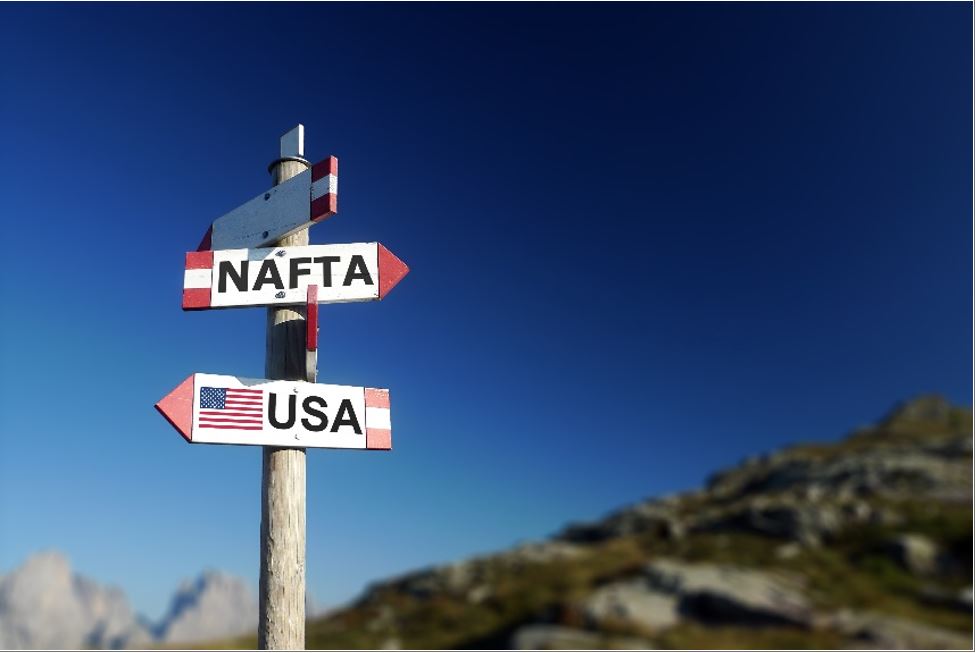Mexico’s Free Trade Agreements Allow Manufacturers to Boost Supply Chains
Manufacturers consider dozens of factors when it comes to expanding their operations. In addition to the costs associated with expansion, they also consider whether the new operations will feature the same production lines or new production capabilities with expanded services.
Other key factors on the decision table are the location of the plant and the regulatory environment, as Mexico has become an economic hub for companies to successfully boost their supply chain capabilities. Mexico’s free trade agreements with a variety of countries allow manufacturers to gain the raw materials and supplies they need for production processes.
Mexico’s Free Trade Agreement Landscape
Unlike the United States that has pulled back from many trade agreements and has instituted tariffs on numerous countries, Mexico has made great efforts to get involved with other countries to bolster their economy and manufacturing climate. As of 2020, the country has 11 free trade agreements to reduce tariffs, eliminate tariffs, create trade blocs, and open up markets. Some of these free trade agreements include:
Comprehensive and Progressive Trans-Pacific Partnership
Formerly the Trans-Pacific Partnership (TPP), the Comprehensive and Progressive Trans-Pacific Partnership (CPTPP) is an agreement with Mexico and 10 other countries (Canada, Australia, Chile, Brunei, Japan, Peru, Vietnam, Malaysia, Singapore and New Zealand) to introduce freer trade between the member states.
While the original TPP was negotiated by the United States in 2016, the country informed the member states that the agreement would not be ratified in 2017. The new CPTPP was negotiated as it contains much of the same text and chapters as the TPP, excluding about 30 provisions that were of importance to the United States but were not required by the other member states.
The CPTPP opens up numerous service markets for member states, cuts many of the tariffs except for specific good areas such as dairy and rice, and provides trade liberalization. Many other countries have shown interest in becoming part of the CPTPP, including the UK and China.
NAFTA/USMCA
For 26 years, Mexico was part of a three-country trade agreement with the United States and Canada called the North American Free Trade Agreement (NAFTA). Recently, the three countries have modernized the agreement to include several key factors, including the de minimus shipment levels between the countries. This new trade agreement, the United States-Mexico-Canada Agreement (USMCA) went into effect. Some key provisions in the NAFTA/USMCA include:
- Raise in de minimus shipment values up to C $40 (Canada) and USD $50 (Mexico) to lower formal entry procedures
- Duty free shipments of up to C $150 (Canada) and USD $117 (Mexico) equivalent levels
- Incentivize regional input use by sourcing more textiles within North America
- Labor and environmental enforcement standards
Many of the new provisions in the NAFTA/USMCA allow small and medium manufacturers to conduct more cross-border trade. The agreement also seeks to enforce environmental and labor laws to ensure products are created at higher standards.
Other Trade Agreements
In addition to the CPTPP and NAFTA/USMCA, Mexico is also part of the EU-Mexico Trade Agreement, the European Free Trade Association (EFTA), the Mexico-Central America Free Trade Agreement, the Pacific Alliance and many others. Through these trade agreements, Mexico has created an international economic presence.
With the ongoing trade war between the United States and China, many manufacturers are moving their operations to Mexico to take advantage of the benefits.
With free trade, lower tariffs, and the removal of duties on certain products, manufacturers can further leverage their supply chains. They can seek out more competitive suppliers, helping them find the best raw materials at the lowest prices. Then raw materials and products can be transported quickly and economically to desired manufacturing plants for production processes before being shipped to end destinations.
Here at Impro, we have expanded our operations into the Mexico region to provide enhanced manufacturing services to customers throughout North America. By staying up-to-date to current regulatory environments and leveraging the provisions in the free trade agreements, we are able to meet the production and shipping standards set for small, medium and large companies around the world. We can fulfill your orders for manufactured products and components for your applications.

